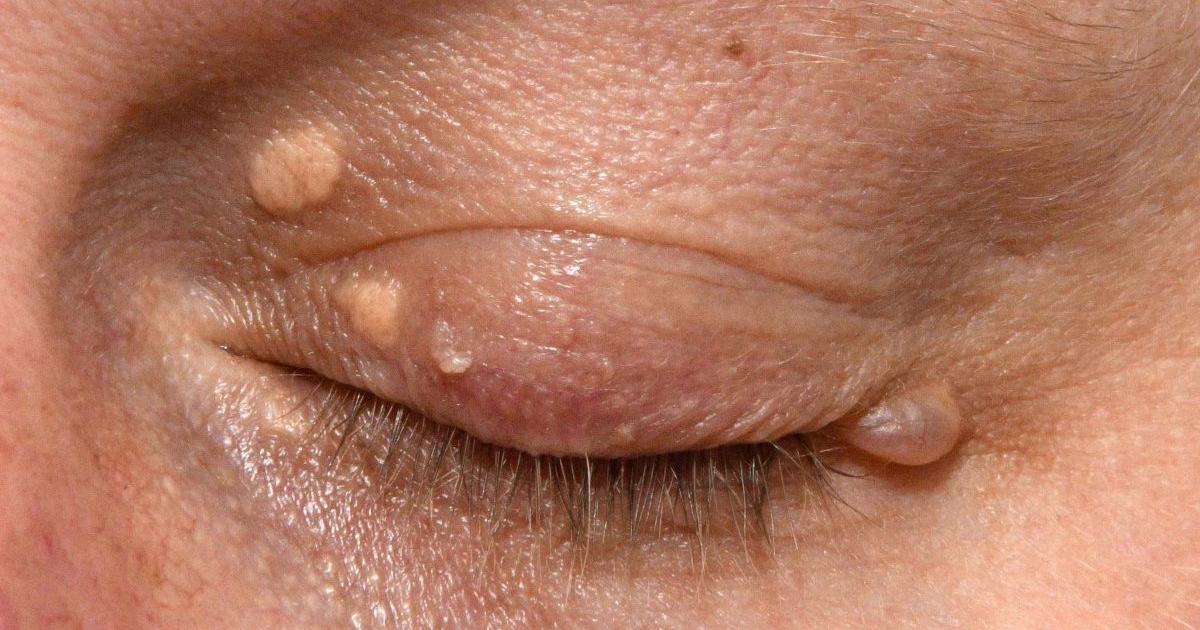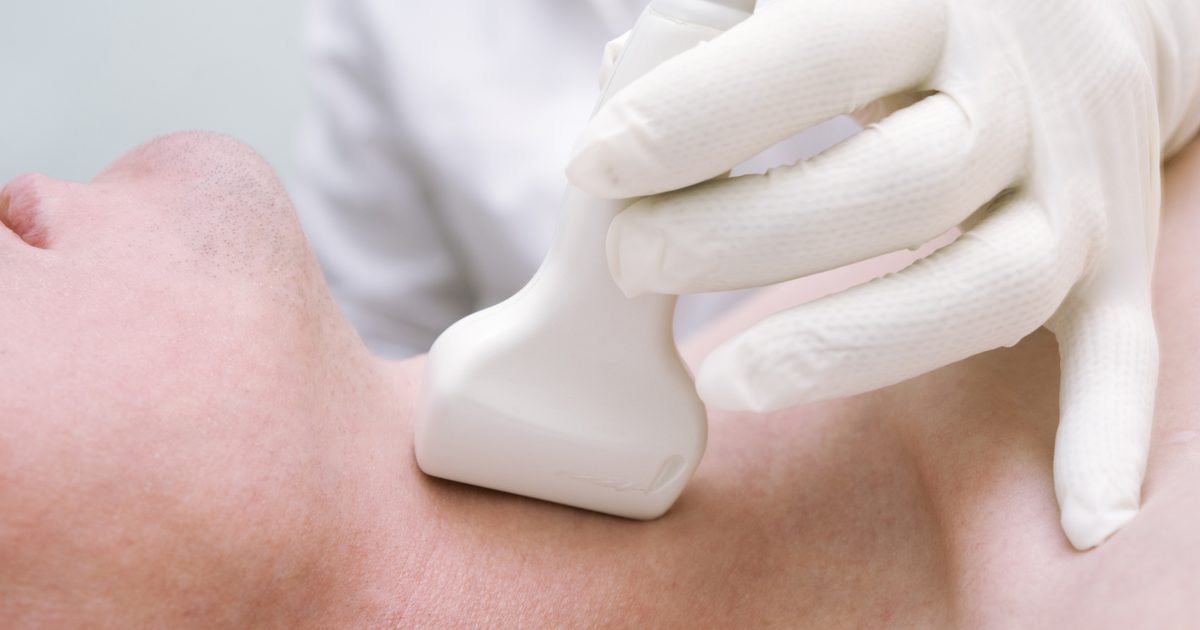Symptoms Of Primary Biliary Cholangitis
Fatty Deposits Around The Body

Fatty deposits around the body can be a symptom indicative of primary biliary cholangitis. As the bile ducts become damaged due to inflammation, the secretions of bile into the intestines decrease. Because lipids or fats are secreted in bile as bile acids, individuals with less bile secretion all together tend to have high levels of serum cholesterol. Additionally, lipoprotein X or LpX is found in individuals affected by primary biliary cholangitis. Lipoprotein X is an abnormal lipoprotein that causes blood cholesterol levels to stay elevated due to its inability to be synthesized properly.
The high cholesterol levels in the blood can result in it depositing in the form of fatty yellow-colored lumps around the body. These deposits commonly occur on the lower and upper eyelids, around both eyes, and near the inner corner of the eyes. The deposits themselves are not particularly harmful but can cause discomfort in affected individuals. Fatty deposits from primary biliary cholangitis can be surgically removed for aesthetic and symptomatic purposes but will grow back if the cholesterol levels remain elevated in the patient's blood.
Hypothyroidism

Individuals affected by primary biliary cholangitis can present with hypothyroidism. Thyroid hormones are critical for healthy organ development, growth, and function. The liver is responsible for metabolizing such hormones and regulating their endocrine effects systemically. When the liver is unable to perform its function of activating and deactivating thyroid hormones, the affected individual will present with hypothyroidism. An impairment of this hormone metabolism process over time results in the thyroid gland going into an adaptive hypothyroid state.
Some primary biliary cholangitis patients have concurrent immune system abnormalities that can result in the immune system mistakenly attacking the cells of the thyroid gland. This immune attack on the gland causes the tissues that produce essential hormones to decay. When the thyroid gland is unable to produce an adequate amount of hormones for the body, the individual has hypothyroidism. Both of these mechanisms can occur independently of one another, or they may both simultaneously affect the thyroid function of an individual with primary biliary cholangitis.
